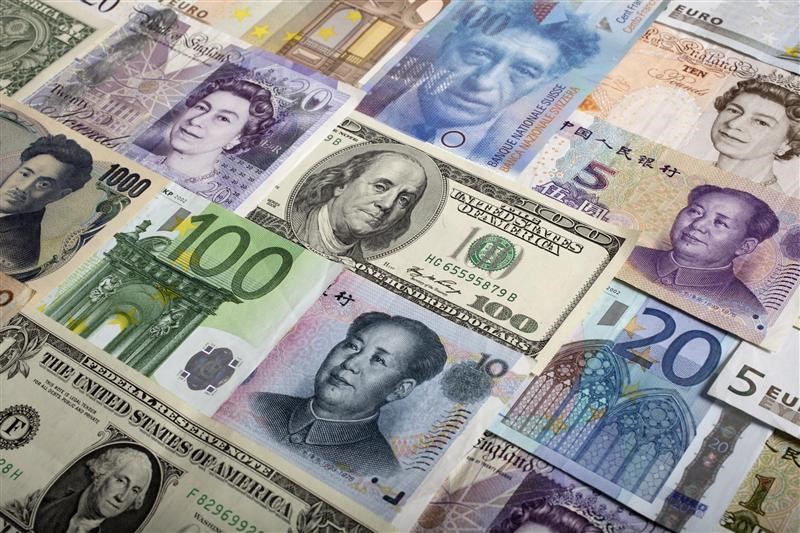* Dollar buoyed as Fed chief Yellen stays on message about hike
* Kiwi tumbles to 6-year lows after soft inflation data
* Euro falls half a percent after initial gain on Greek vote
* ECB meeting considers bank aid
By Patrick Graham
LONDON, July 16 (Reuters) - There was no silver lining for the euro on Thursday after Greece voted through austerity demanded in return for another bailout, as solidifying expectations of a rise in U.S. interest rates drove the dollar higher across the board.
New Zealand's dollar NZD= sank to a six-year low after weak inflation data cemented expectations for a cut in official rates there next week, while the Canadian dollar remained on the defensive after a cut there on Wednesday.
The euro inched up briefly after the Greek vote, but the absence of any greater reaction seemed to signal a lack of faith that the bailout deal on the table will fix anything, that Athens will stick to its terms and, increasingly, that any of it will matter very much to the rest of the euro zone.
More importantly, market pricing for the spread between short-term dollar and euro interest rates increasingly reflects expectations that the Federal Reserve will make good on its suggestions that rates will rise this year.
The euro was 0.5 percent weaker at $1.0888, its lowest in six weeks. EUR= The dollar had gained a third of a percent against a basket of currencies, also hitting a six-week maximum of 97.554.
"Now that Greece is 'somewhat' resolved, the argument has shifted back to monetary policy divergence between the euro zone, UK and US," said Tobias Davis, corporate hedging manager with Western Union in London.
He pointed to rises in the cost of dollar two-month forward swaps for euros as evidence of firming expectations that U.S. rates are heading higher. EUR2M=ICAP
The European Central Bank meets on Thursday and could be forced by time constraints to delay a funding boost for Greek lenders while sticking firmly to its message on a campaign of extraordinary monetary easing for the euro zone as a whole.
PARITY DOUBTS
With Germany driving a huge surplus of trade for the euro zone as a whole and the dollar having failed to make further progress since March, expectations for another major rally are muted.
But there are still a good number of banks predicting a run at parity with the euro over the next year, most notably including Deutsche Bank and Goldman Sachs. The dollar previously stalled at $1.04 per euro.
"The combination of euro weakness and a resurgent dollar could see EURUSD trading to parity and beyond over the next four to six months," John Hardy, head of strategy with Denmark's Saxo Bank said in a note on Thursday.
"The passage of the bailout deal in Greece should help unleash a fresh wave of EURUSD selling."
The other big losers from another repricing of dollar rate expectations are likely to be the commodity-dependent currencies of Australia, New Zealand and Canada, all of whom are easing or thinking about easing interest rates.
Weak New Zealand inflation numbers added to pressure from a closely watched auction that showed global dairy prices tumbled to a 12-1/2 year low, pushing the kiwi to $0.6498, its lowest level since 2009 and down 1 percent on the day.
